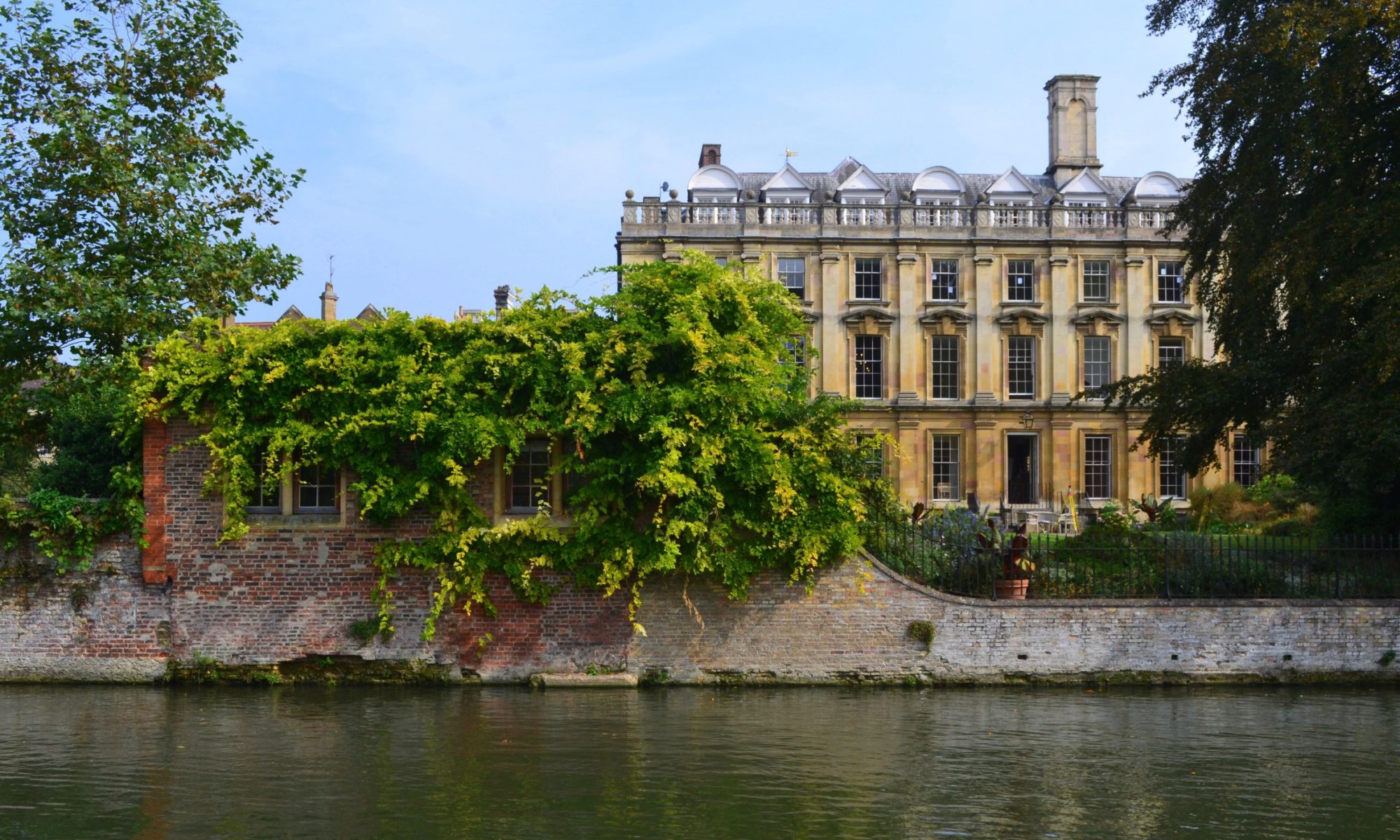General Information
Director of Studies
Your Director of Studies (DoS) will deal with all matters relating to your academic work. They organise supervisions, will meet you at the beginning and the end of each term to discuss your progress, review supervision reports, and to set you new targets. Your DoS is your main source of course information and is the first person you should consider consulting for advice. Don’t be put off by the fact that they may have interviewed you; they are always very friendly and approachable. Be aware that it is not unusual to have more than one DoS during your time at Cambridge as academics change colleges/universities or go on sabbatical. If you have any problems with your DoS, you should contact the Senior Tutor, Dr Jackie Tasioulas (jt257).
Tutors
Your Tutor is responsible for your pastoral care, and will not be a Fellow in your subject. You will be asked to attend a group meeting with your Tutor during Freshers’ week, and it is really important to go along to get to know them. They are your first port of call for any non-academic issues or questions you might have. Your Tutor is the person you should speak to if you encounter any difficulties that interrupt your studies (physically, mentally or financially), or any that require you to leave Cambridge for a short period of time, as they can sort out the necessary arrangements. Any problems concerning your Tutor can also be referred to the Senior Tutor.
Supervisions
Supervisions are the main way you will be taught and are commonly considered one of the best parts of an Oxbridge degree. The nature and frequency of supervisions differs greatly depending on subject. You will generally be required to submit work before the supervision, which will form the basis of the supervision itself. A supervision usually lasts for about an hour and involve between one and four students. Typically, Sciences have more supervisions than Arts/Humanities; for Science subjects it is likely that you will have several supervisions per week, whilst in the Arts subjects you may have only one. In Science subjects, supervisions tend to be focused on consolidating lecture material, whilst in Arts/Humanities subjects they may involve discussion of essays that you have written or are preparing to write. The supervision itself gives you an opportunity to ask questions to academics who are experts in their fields, to clarify your understanding and to consolidate your knowledge. The most valuable and rewarding aspect of supervisions is that they are interactive. So, make sure to contribute your views, get stuck in and enjoy the experience!
Lectures
These run through the 8 weeks of Full Term, beginning on the first Thursday and ending on the final Wednesday. The role of lectures varies considerably from subject to subject. For some, lectures deliver the bedrock of your course material and should all be attended. For others, there is a set of core lectures that can be supplemented by optional extras. If you’re not sure which situation you’re in, speak to your DoS, or your subject rep.
What happens when?
Lectures
You can build up your own online timetable using the online service provided by the University. To access this, you will need your Raven ID. Information will be available on the Cambridge timetable site from September.
If you have any difficulties with the timetable, have a look at the “How Do I…?”document located on the UIS website.
Not all subjects upload their information to this timetable, but all will have lecture and class timetables on their websites. Lastly, remember that as a Cambridge undergraduate you are entitled to attend any lectures held across the University, so do take advantage of this fantastic opportunity!
Supervisions
These will be organised by your DoS. They may be with supervisors from within Clare or from other colleges. You might have a set weekly timetable of supervisions that is the same through the year, or this might change depending on what you are studying. Scheduling supervisions can be a real challenge due to the number of different people involved. If you end up with all your supervisions squashed into one part of the week, and this causes problems with getting your work done, let your DoS know and they will organise to change this.
Other forms of teaching
In many subjects, you will also have a mix of other forms of teaching, such as classes, seminars and practical sessions, which is a really good opportunity to test different styles of learning. Your DoS or faculty should inform you about arrangements for these.
Term Terminology
“Full Term” refers to the 8-week teaching/lecture period and is also the time during which students must be in residence. This is part of a slightly longer whole term, which is simply referred to as ’Term.’ For example, Freshers’ Week occurs mostly outside Full Term, but within Term. You probably don’t need to worry too much about this! Remember that in Cambridge the “week” begins on a Thursday, so all the timetables count from Thursday to Wednesday!
Academic Troubleshooting
Sometimes things can get difficult with academic life at Cambridge. However, you are surrounded here by people who want to help you. You can talk to your DoS, your Tutor, any of your supervisors, or your subject rep about any problems or complaints that you have, however minor. Be sure to ask your college parents about your subject.
Some really useful sessions about study skills will be on offer in Freshers’ Week and later on in the year. If at any point you’d like more information about anything from improving your concentration, to coping with exams, to getting rid of perfectionism, have a look at the resources suggested by the University Counselling Service.
The University Counselling Service also runs lots of group sessions on various useful topics, lists of which can be found on their website.
If you’re struggling with essay writing or academic work in general (or even if you’re not, but would simply like some extra advice), Clare has two fantastic supervisors who both deal with study skills and essay writing, Richard Cook (rc489) and Frances Payne (fp281). Your DoS might suggest that you get in contact with them, or you could choose to email them yourself if you feel you could use some extra help in these areas.
If you really think that your course is not for you, and that you’d like to consider changing, make sure you speak to both your DoS, and your potential new DoS, who will both be able to advise you.
For more serious general queries about the course or changes you’d like to see implemented, contact your DoS, the UCS Academic Affairs Officer Patrick Devlin (pd533), or the student representatives that will be appointed in your faculty. You can also talk to your subject reps.
Libraries
Located in the centre of Memorial Court, the FML is the focal point of many Clare students’ working life, as it provides a wide variety of different, quiet workspaces. Additionally, it is conveniently situated next to the Library Common Room (LCR) where you can fuel yourself on (free!) tea, coffee or snacks. There will be an introductory session to the FML and the Cambridge Library system in general in Freshers’ Week; the librarians also hold really useful sessions on various library-related topics throughout the year. You need your University Card to access the building, which is open from 8am-12am during the first two terms and until 1am in Easter (exam) term.
You may choose to use your faculty library more than the FML, but most first and second year students find almost everything they need there. Remember that in addition to an array of academic books the FML also gives you access to study skills books, DVDs, CDs and audio books. There are also computers, printers and a photocopier available as well as wireless internet throughout.
Printing in the FML costs 4p per side for black and white, and 14p per side for colour printing. To print you will need to top up your account online using your debit/credit card. Instructions can be found on the notice boards in the library computer rooms. There is also a light fiction section in the LCR, separate from the main library, where you can borrow from at any time without checking the books out.
The FML is run by an extremely helpful team. Their office is on the ground floor of the FML. If a book that you want is not in stock, please do fill in a recommendation form (on the FML website), e-mail the librarians, or pop in and see them with your request. They can often get it within the next working day. The librarians are also happy to bind dissertations and projects for you or laminate posters. Should you have any issues with the library throughout the year, or any questions or ideas for improvement, please contact the UCS Academic Affairs Rep, Patrick Devlin (pd533).
Lipstein and Turpin Law Reading Rooms
These reading rooms are available exclusively to Law and Land Economy students and are located on J staircase in Ashby Court. They are open 24 hours, though both are reference libraries, so books cannot be taken out. There are also computers, printing facilities and wireless Internet for laptops. Some of the most frequently used books in the reading rooms also have copies in the FML that can be borrowed.
The University Library
Extremely hard for Clare Freshers to miss, the University Library (the “UL”) is directly opposite the FML. This imposing-looking building is a copyright library, meaning it should contain one copy of every book published in the UK. Despite its appearance, it is actually rather beautiful inside. There are seats throughout the shelving rooms, as well as a variety of different reading room spaces. Even if you never get round to using the books themselves, it may be worth remembering the UL Tea Room, which does breakfast, lunch and afternoon tea. Monday to Friday, the library is open 9am-7pm (Michaelmas and Lent Terms) and 9am-9.45pm (Easter Term). It is also open 9am-4.45pm on Saturdays throughout the academic year but closed on Sundays.
Yet more libraries!
Each student has access to their own Faculty library, and most faculty libraries can be used by students not of that faculty (ask the librarians if in doubt). You can work in any library you like without registering, as long as you don’t take out any books. If you would like to consult a book in another college’s library, you can contact a Librarian to arrange this.
It’s really important you find a comfortable place to work, so check out the Spacefinder tool if you’re struggling, which gives suggestions tailored to your preferences.
E-resources
Don’t forget about the large collection of e-resources, which can be accessed via iDiscover. Though it differs from one subject to another, you also might have to make use of Moodle. This is a way for your teachers to get electronic resources to you, for instance by uploading book extracts or supervision work.
Buying Books
With all these libraries, you should not need to buy very many books, CDs or computer software for your studies. If, however, you do find yourself needing to purchase some, then don’t worry! There is a book grant available to all students who fill in a questionnaire on several aspects of college life and work that will be sent to all students in Lent term.

